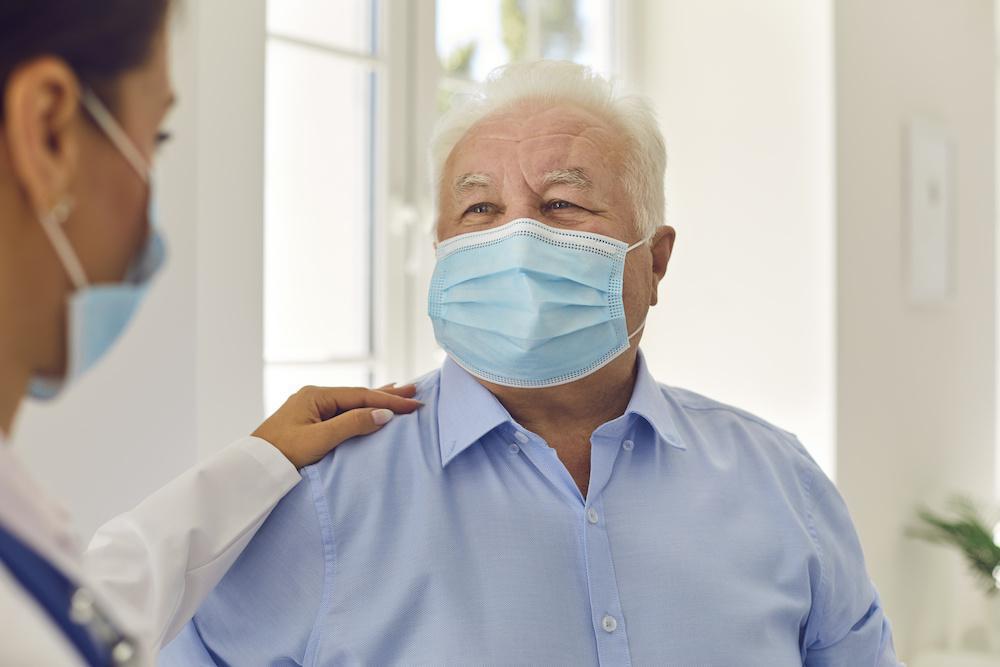5 Signs of "Long-Haul" COVID

COVID-19 is a highly contagious respiratory illness. If you have COVID-19, you may experience symptoms including shortness of breath, fever, fatigue, and loss of taste or smell.
Some patients — often those who are older or have serious pre-existing medical conditions but also young and previously healthy individuals as well — continue to see long-term effects of COVID-19 for months, long after infectiousness is passed. You’re considered to have post-COVID-19 syndrome if you still experience effects more than four weeks after your diagnosis.
The infectious disease experts at GatherWell of Ham Lake, Otsego, and Edina, Minnesota can confirm your COVID-19 diagnosis and help you better understand “long-haul” COVID symptoms.
We’re still learning more about this coronavirus and its long-term impacts on health and wellness. Here are some of the signs of long-haul COVID to be aware of.
Fatigue
COVID-19 cases often present with fatigue, and, for COVID long-haulers, the fatigue might not let up for weeks or months. Beyond just feeling tired, COVID-19-related fatigue leaves you drained and your energy levels depleted.
“Brain fog”
COVID-19 can cause lasting changes in your mental condition. Some patients experience long-term “brain fog,” with memory and concentration problems. For some sufferers, mental fatigue worsens after attempts at mental activity.
Organ damage
COVID-19 can continue to affect your lungs and heart for weeks after an infection. You might notice a nagging cough or experience ongoing shortness of breath, difficulty breathing, or an overly fast or pounding heartbeat.
Both adult and child patients who have had COVID-19 have suffered from post-COVID multisystem inflammatory syndrome, with multiple organs and tissues affected by severe inflammation.
Sensory damage
Some people who have had COVID-19 experience an ongoing loss of their sense of taste or smell after recovering from the illness. Getting enough nutrition can become challenging without these important senses.
Blood clotting
COVID-19 may make your blood cells more prone to forming clots. Large blood clots can cause serious problems like heart attacks and strokes. Smaller blood clots can also be seriously harmful, causing heart damage by blocking small but vital capillaries in your heart muscle.
Additionally, patients who have recovered from COVID-19 can have weakened blood vessels. If your blood vessels are weakened enough to leak, your liver and kidneys could suffer lasting harm as a result.
As we continue to understand the long-term potential effects of COVID-19, it’s clearly important to keep working to reduce the spread of this disease. Get vaccinated for COVID-19 as soon as possible. If you’re not vaccinated, wear a mask in public places, and practice social distancing and good personal hygiene including thorough hand-washing.
You can schedule an evaluation for COVID-19 at GatherWell today. Book online or over the phone now.

